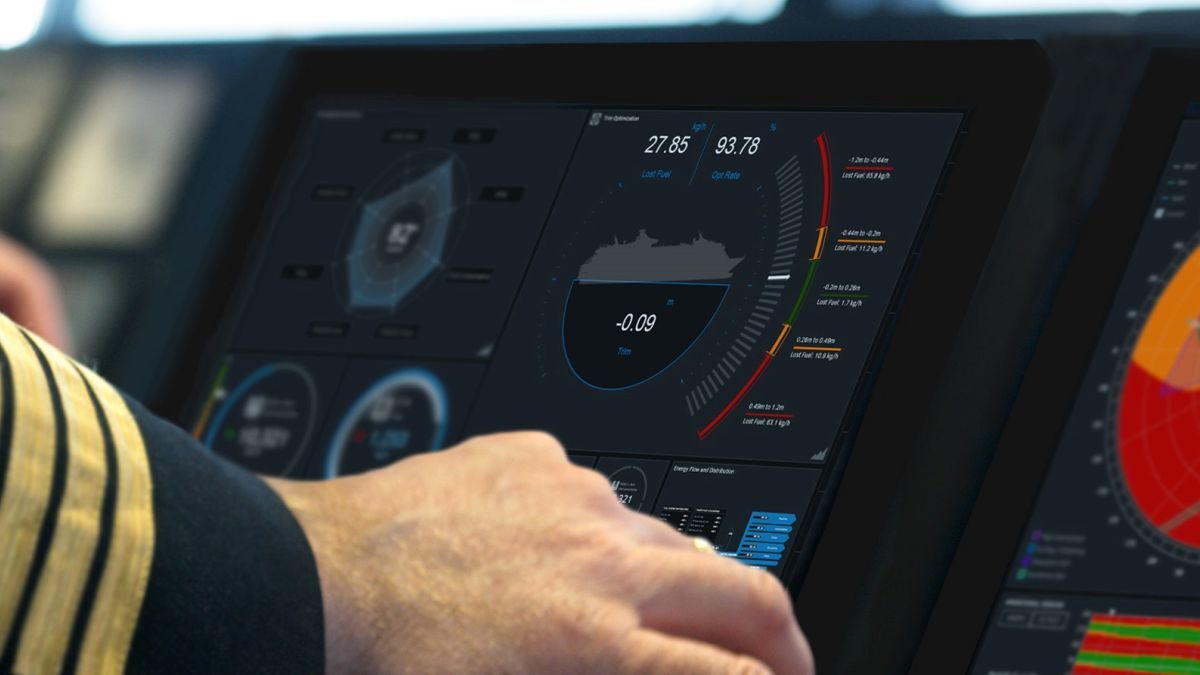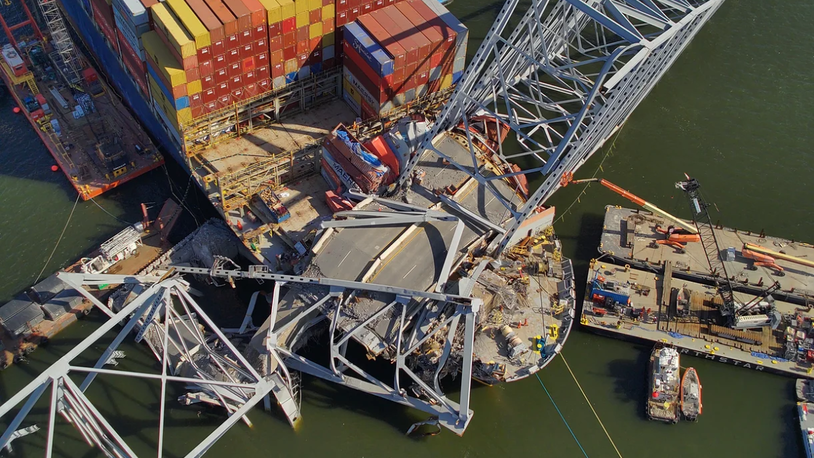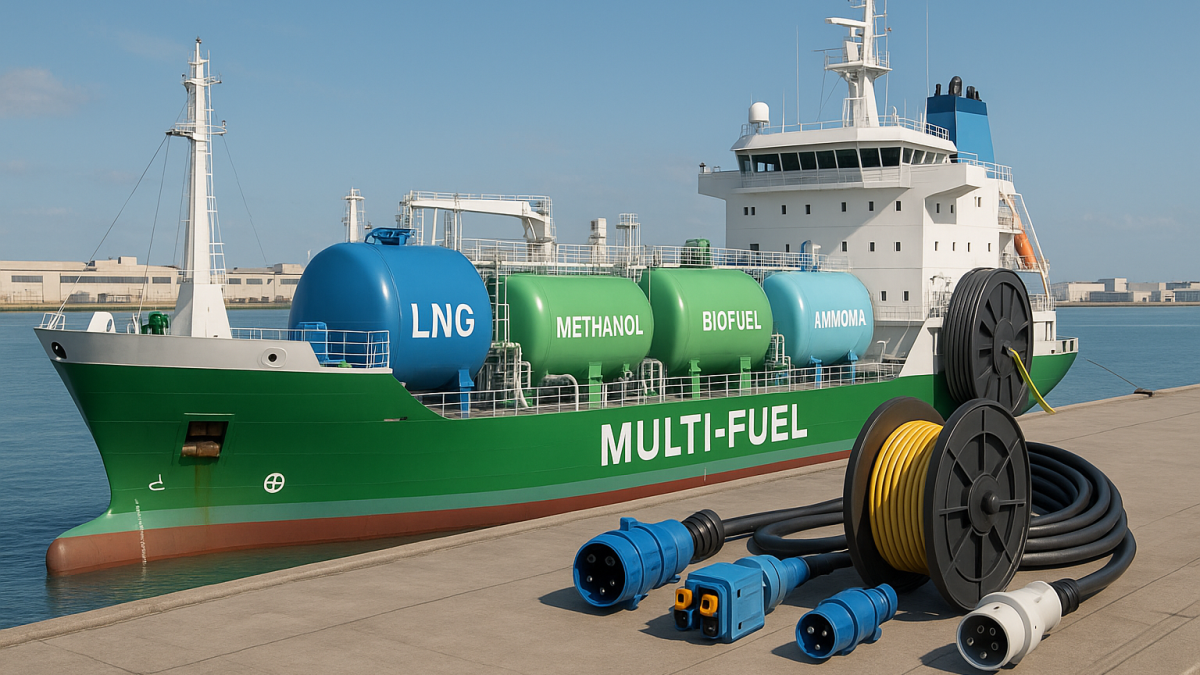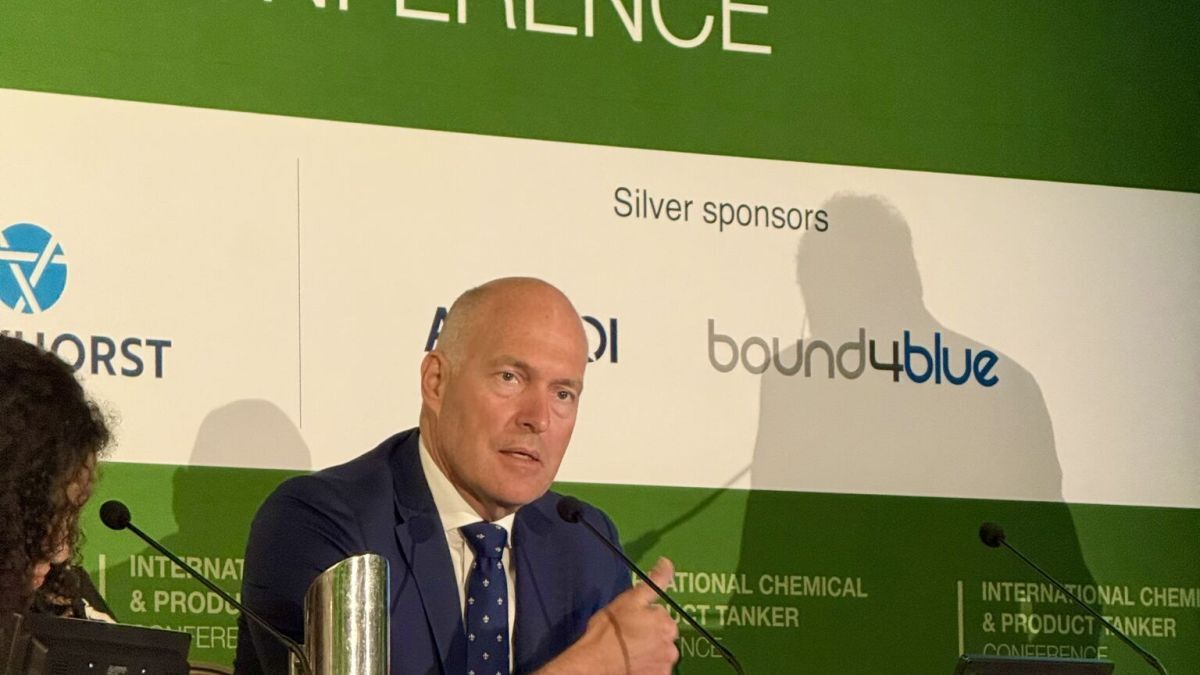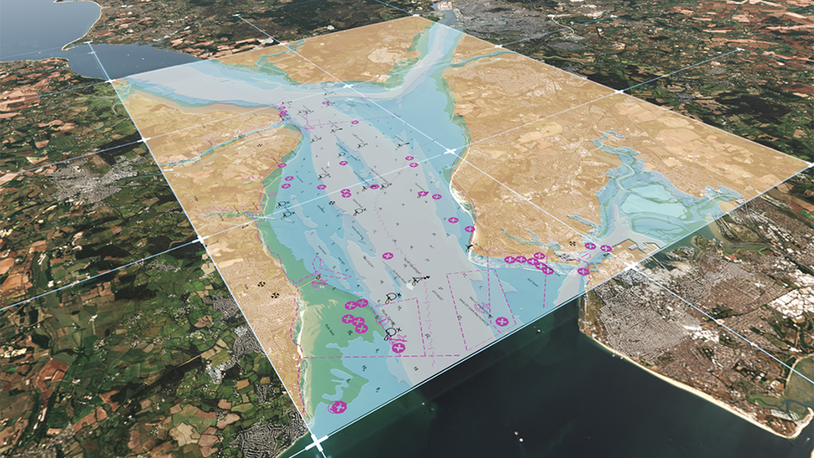Business Sectors
Events
Contents
Register to read more articles.
Vessel Performance launched for fuel efficiency insights
Sperry Marine and ABB Marine & Ports have developed a voyage monitoring tool to raise navigational safety and reduce emissions
Vessel Performance provides real-time information to bridge teams and vessel owners, allowing them to collect and analyse onboard data. It supports efficient fuel usage and regulatory compliance, while optimising voyage routeing.
This new service relies on ABB Ability Octopus modules, a marine advisory system for motion monitoring, forecasting and performance monitoring. Accessed via a web-based fleet portal, vessel data can be visualised and analysed onshore.
Vessel Performance has a digital decarbonisation tool to help vessel operators and owners comply with upcoming regulations such as IMO’s Carbon Intensity Indicator (CII).
By continuously visualising the expected vessel motions along the planned route, the system also contributes to vessel and cargo safety, enabling the crew to select a route where maximum allowable motions will not be exceeded, resulting in most efficient route.
Sperry Marine Vessel Performance is the latest in a series of digital initiatives designed to connect bridge navigation systems with remote maintenance and voyage support services. ABB’s Vessel Performance modules are deployed and managed through the SperrySphere intelligent navigation platform, a back-of-bridge digital device that delivers applications.
“Our new solution can enable vessels to navigate more safely, reduce fuel costs and carbon emissions,” said Sperry Marine managing director James Collett.
“We not only aim to improve the vessel’s performance; the SperrySphere digital platform will be the one platform to deliver smarter and safer digitally enabled navigation services.”
Sperry Marine aims to achieve safer, greener and more efficient navigation with remote support and navigation equipment diagnostics, maximising vessel availability and optimising voyage performance.
The digital platform connects the vessel with its managers using onboard sensors recording data in real time to transform data insights from the vessel, leading to measured decisions to generate business value, providing evidence in case of cargo insurance claims and demonstrating regulatory compliance.
“We believe integrating data from navigation equipment with vessel performance metrics is key to creating the decarbonisation solutions that shipping needs to lower fuel consumption and reduce emissions,” said ABB Marine & Ports head of sales, services and business development Tomas Arhippainen.
CII will come into force in 2023, driving shipowners and operators to monitor vessel performance, improve efficiency and reduce emissions.
Marine Propulsion & Marine Lubricants Webinar Week will be held from 30 August 2022. Register your interest and access more information here
Related to this Story
Events
Maritime Environmental Protection Webinar Week
Cyber & Vessel Security Webinar Week
The illusion of safety: what we're getting wrong about crews, tech, and fatigue
Responsible Ship Recycling Forum 2025
© 2024 Riviera Maritime Media Ltd.


